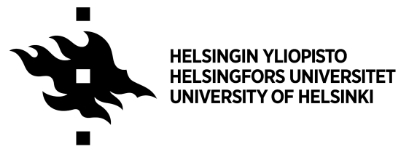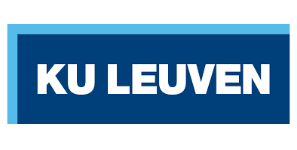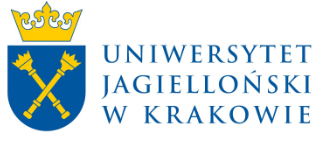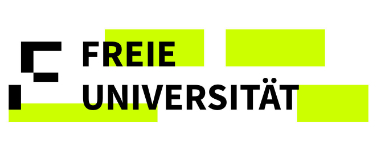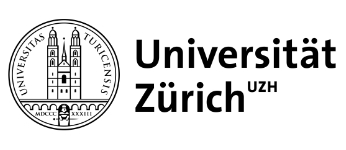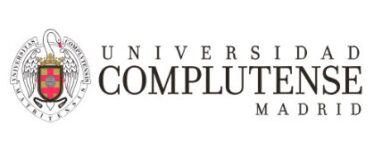About the programme
Una Europa Joint Bachelor in Sustainability (BASUS) is an international interdisciplinary three-year bachelor's degree programme, co-created by eight leading research-intensive European universities. A graduate receives a single diploma jointly awarded by six of these universities – KU Leuven, Université Paris 1 Panthéon-Sorbonne, Universidad Complutense de Madrid, Universität Zürich, Helsingin yliopisto / Helsingfors universitet, and Uniwersytet Jagielloński w Krakowie. The education they receive is further enriched by the involvement of the two mobility partners – the University of Edinburgh and Freie Universität Berlin. The programme has been accredited according to the European Approach procedure. The application window is now open!


With mobility, innovation and interdisciplinarity at the forefront of the programme, BASUS is the future of higher education.
BASUS students will have the opportunity to study on-campus at three of Europe’s most prominent universities. Moreover, the mobility of the teaching staff composed of noted experts from all universities associated with the programme ensures the utmost quality of the programme no matter the location of a student. By providing extensive education on sustainability, its various complexities and intersections of divergent disciplines, the programme aims to equip its graduates with necessary tools to forge a better future.
As BASUS centres an interdisciplinary and cross-cutting approach, its graduates will be uniquely predisposed to foster and facilitate dialogue between disciplinary specialists and find gainful employment both in the public and private sector, in positions such as Chief Sustainability Officer, Compliance Officer, Sustainability Consultant, Sustainability Communication Manager, and more.
Una Europa
Una Europa is a unique alliance of eleven leading research-intensive European universities, established in 2019 with an aim to draw on our collective strengths to create a truly European inter-university environment, a University of the Future. You can learn about the alliance on the dedicated Una Europa website.

Partners
Uniwersytet Jagielloński w Krakowie is a degree-awarding partner of the BASUS programme.
KU Leuven is a degree-awarding partner of the BASUS programme.
Helsingin yliopisto/Helsingfors universitet is a degree-awarding partner of the BASUS programme.
Université Paris 1 Panthéon-Sorbonne is a degree-awarding partner of the BASUS programme.
Universidad Complutense de Madrid is a degree-awarding partner of the BASUS programme.
Universität Zürich is a degree-awarding partner of the BASUS programme.
The University of Edinburgh is a mobility partner of the BASUS programme.
Freie Universität Berlin is a mobility partner of the BASUS programme.
BASUS structure
BASUS is a three-year undergraduate programme divided into six semesters.
All students will spend the first two semesters at the starting university (currently Uniwersytet Jagielloński w Krakowie), where they will all follow the Common Core curriculum. Then, starting the second year, the students will spread out across Europe to different partner universities to follow their respective tracks.

Available tracks
Following the three semesters of track courses, the students will have the opportunity to spend the last semester at one of the eight universities associated with the programme – however, mobility is entirely optional.
Additionally, we are aiming to facilitate students’ participation in summer schools hosted by one of the partner universities, tackling more generic topics and issues connected with sustainability, as an optional elective during the course of the programme.
Applying for BASUS
Applying for BASUS is primarily based on the results of a custom-built entrance exam that tests the aptitude of the potential candidates for the programme. The test will be held online to allow all those interested, irrespective of their nationality, to apply. We accept applications both from high school graduates and those who will graduate by this summer. Applications are now open!

Want to stay up to date on enrolment?
Subscribe for updates!


